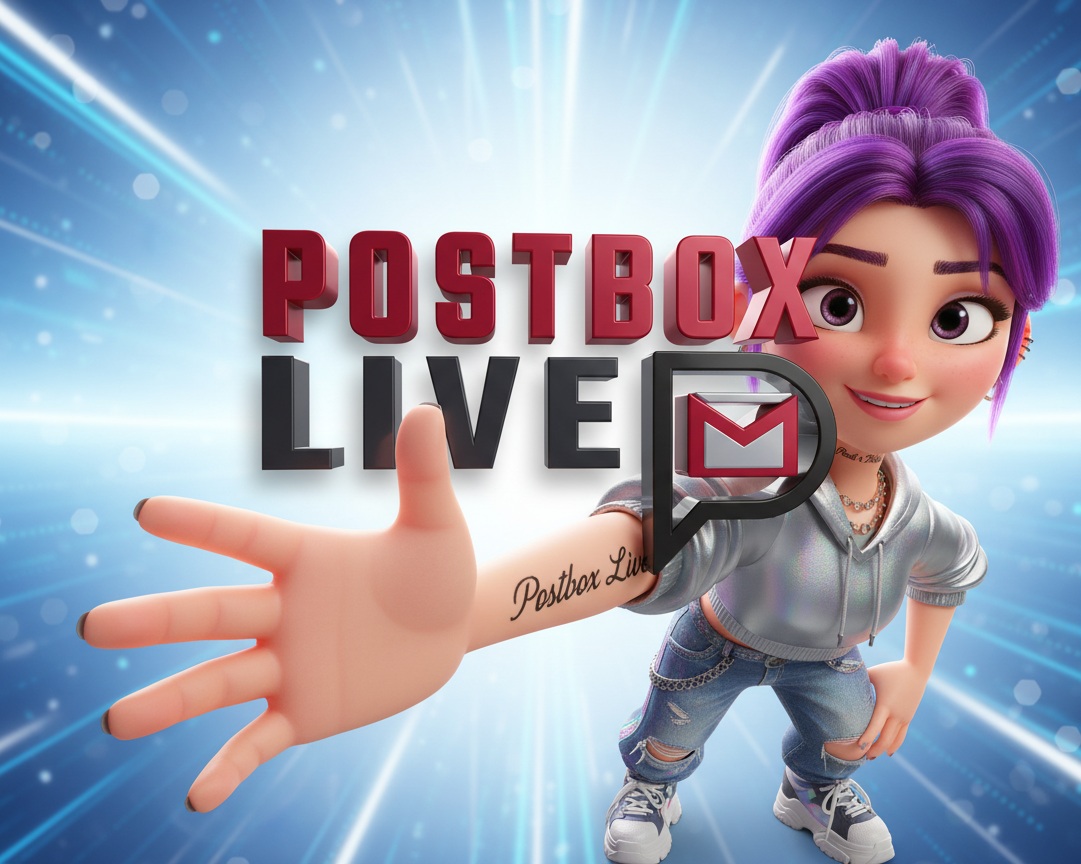Will AI Coding Tools Replace Developers?
Tech Leaders Weigh In
As AI coding tools evolve, experts and CEOs debate whether the developer role is at risk. Discover insights from AWS, GitLab, Nvidia, and more.
AWS CEO: AI May Reshape Developer Roles by 2025
Matt Garman, the new CEO of AWS, recently suggested that AI tools may redefine the developer role. Speaking in a leaked internal meeting, Garman stated that in just two years, most developers may no longer be coding in the traditional sense.
He emphasized that being a developer goes beyond writing code. Creativity and the ability to innovate will become the most critical skills. Garman added, “Being a developer in 2025 may be very different from what it meant in 2020.”
According to Garman, innovation and the ability to produce content that resonates with users will matter more than syntax mastery. This shift highlights how fast AI coding tools are disrupting traditional tech job functions.
Concerns Over Job Security in the Developer Community
Many developers are anxious about their job security as generative AI tools like Copilot and other assistants evolve rapidly. These tools can now write code, test it, and even suggest documentation.
Since late 2022, AI development platforms have matured quickly. Some tech leaders now believe that AI could displace developers in certain tasks. Garman’s comments are just one example of the growing debate.
Nvidia CEO: Programming May Soon Be Obsolete for Many
Nvidia CEO Jensen Huang echoed similar views at the World Government Summit in Dubai. He argued that programming is becoming unnecessary for most people due to the power of AI.
“Everyone is now a programmer. The language of programming is human,” Huang said.
He elaborated further at Nvidia’s GTC 2024 conference, clarifying that while coding skills aren’t mandatory, developers are still valuable explained that not everyone needs to master a specific programming language, but those who do are still in demand.
“We’re still hiring programmers. But you don’t need to learn to program just to be successful,” Huang reassured.
GitLab CEO: The Question Isn’t About Replacing Developers
Not everyone agrees with the idea that AI will render developers obsolete. Sid Sijbrandij, CEO of GitLab, believes the discussion needs reframing.
In a LinkedIn post, he said the real question is:
“How can companies harness AI to deliver measurable business value and accelerate innovation for software teams?”
Sijbrandij emphasized that companies should focus on collaborative AI-human integration rather than total replacement.
Mixed Results from Real-World AI Coding Tool Usage
Insights from Qt Group’s Senior Product Director, Peter Schneider, offer a nuanced view. He told ITPro that while AI assistants boost productivity in writing documentation and tests, their performance in actual coding remains inconsistent.
“Professional developers find them useful for learning new languages and generating examples,” he noted.
“But these tools struggle with industry-specific code, which reduces overall productivity.”
Because of that, developers often spend more time reviewing AI-generated code than writing it from scratch. That review time creates a productivity bottleneck.
Accuracy and Risk Still Require Human Oversight
Schneider added that even with perfect accuracy, there are strong risk-control reasons to keep humans involved. He stressed the importance of the “four-eyes principle,” meaning critical software must be checked by a second qualified person.
“Unless AI-generated code reaches 98–100% accuracy, it can’t replace skilled developers,” he concluded.
Experts Disagree with ‘Everyone Is a Programmer’ Claim
Peter van der Putten, Director of the AI Lab at Pegasystems and a professor at Leiden University, questioned Huang’s stance. He warned that removing skilled coders from the process could create long-term issues.
“Automated tools still produce code, and someone needs to evaluate that code,” he explained.
He cautioned that non-coders using AI tools could generate large amounts of technical debt, buggy software, or even security flaws. Without developers who understand what the code does, companies expose themselves to substantial risk.
What’s Next for Developers and AI Tools?
The consensus is clear: AI is changing software development, but the developer profession isn’t disappearing, at least not yet.
Instead of eliminating jobs, AI tools are reshaping them. Coding may become more about design, collaboration, and validation than line-by-line writing. Developers who adapt to these shifts, learn how to work with AI, and focus on problem-solving will likely remain highly valuable.
Key Takeaways:
| Topic | Insight |
|---|---|
| AI and Developers | AI tools will transform how developers work, not necessarily replace them. |
| AWS CEO’s View | Developers of 2025 will focus more on innovation than just coding. |
| Nvidia’s Vision | Programming could become more conversational and natural language-based. |
| GitLab’s Response | Companies should integrate AI for business value, not fear replacement. |
| Expert Opinion | Skilled developers are needed to prevent technical debt and bugs. |
#AIcoding, #DeveloperFuture, #AWS, #Nvidia, #GitLab, #GenerativeAI, #TechCareers, #ArtificialIntelligence, #SoftwareDevelopment, #AITools,

